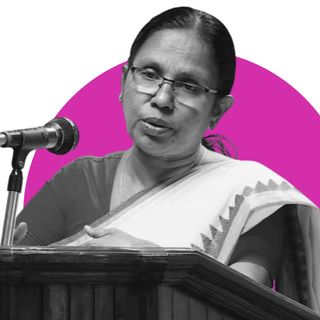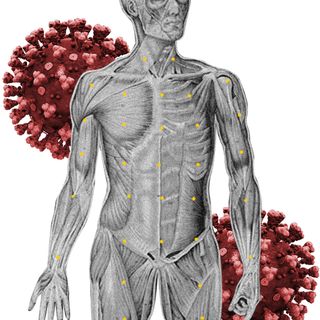The WHO has approved rapid antigen tests for Covid19, which produce results within 15 to 30 minutes and will soon be rolled out worldwide as part of a global initiative called Access to Covid19 Tools (ACT) Accelerator.
While several rapid antigen tests available online, these are the first ones to meet the WHO’s specifications. One of the tests, manufactured by the South Korean company SD BioSensor, has already obtained emergency approval from the WHO, while another test by the US company, Abbott, is expected to get it shortly. Even though the companies have claimed 97% accuracy on the test results, experts believe that outside laboratories, in real-world conditions, their sensitivity lies between 80% and 90% — which would be enough to pick up most infections. The manufacturers have committed to providing 120 million tests over the next six months.
“High-quality rapid tests show us where the virus is hiding, which is key to quickly tracing and isolating contacts and breaking the chains of transmission. The tests are a critical tool for governments as they look to reopen economies and ultimately save both lives and livelihoods,” Dr. Tedros Adhanom Ghebreyesus, WHO’s Director General, said. Given that the tests are faster, easier, and cheaper, at present, it is being suggested that that they could be used widely for screening in schools, universities and workplaces — allowing infected individuals to be identified and quarantined, even before they start showing symptoms. They could also be beneficial for mass screening of healthcare workers, who are at greater risk of contracting the infection.
Related on The Swaddle:
Mumbai Residents Can Now Get Tested for Covid19 Without a Doctor’s Prescription
In return for a volume guarantee from the Bill & Melinda Gates Foundation, the test manufacturers are making 20% of their production available to low-to-middle-income countries (LMICs). “We see the pressure of supply building rapidly. That’s why we need this volume guarantee. We needed to secure volumes for low- and middle-income countries, before all the other countries place their orders and the poor populations again lose out,” Catharina Boehme, CEO of the non-profit FIND, told The Guardian. Further, while countries that can afford the tests, have already begun placing orders, with Germany ordering 20 million kits already, the Global Fund has committed an initial USD 50 million to enable LMICs to get the new tests.
In addition, the companies are also required to make these tests available at a maximum of USD 5 for LMICs. “This is a vital addition to their testing capacity and especially important in areas of high transmission,” Dr. Tedros said, noting further that it “will enable the expansion of testing, particularly in hard-to-reach areas that do not have laboratory facilities or enough trained health workers to carry out tests.”
“Testing is a critical cornerstone of the Covid19 response,” WHO’s statement yesterday, said, adding that these tests will allow countries to trace and contain the virus, and break transmission chains, while we await the roll-out of vaccines. The nodal health agency also lauded the global partnership, which is trying to ensure that all countries, regardless of income, have fair access to new tests and tools to fight Covid19. “For us the message is about unprecedented collaboration. We are really able to show what can be achieved when the world and leading global health partners come together with a shared priority,” Boehme added.




